Heat waves are especially perilous because consecutive days with the heat index at 103 degrees or above greatly increase risks for older people, children, pregnant women and anyone with heat-affected chronic disease.
Capital News Service
Code Red Part 1: Urban poor hit hardest as temperatures rise
Researchers have mapped neighborhoods called urban heat islands, and data shows that temperatures here and in surrounding neighborhoods can run 8 degrees hotter than in communities that have more trees and less pavement. McElderry Park in Baltimore is one of these.
Bitter Cold Part 5: Programs leave many out in the cold
Customers whose power is off at the end of October aren’t protected by state regulations that restrict — but don’t eliminate — disconnections from Nov. 1 through March. To be reconnected during the winter or after it, customers who owe utilities money must make arrangements to pay up. But that’s a financial hurdle for many.
Bitter Cold Part 4: Keeping drafts out of old rowhouse
Temperatures in the poorly insulated kitchen of Baltimore resident Maraizu Onyenaka varied more than 20 degrees this winter, according to sensors installed in her home by Capital News Service reporters. Keeping the cold out of old Baltimore rowhouses is tough — and expensive, even for homeowners with good jobs.
Bitter Cold Part 3: Cold a costly challenge
Baltimore resident Delores Buchanan limits going outside when it’s cold. Neuropathy causes her feet to tense up and sting, and cold worsens the pain by reducing blood flow to the hands and feet. It is one of many conditions exacerbated by extreme temperatures.
Bitter Cold Part 2: Cold weather harms health
Every winter, health officials warn of outdoor dangers for the homeless, who can freeze to death from hypothermia and snow shovelers who suffer heart attacks. Yet many more people are at risk indoors if their power has been shut off or they can’t afford to raise the thermostat. Research shows that for those with chronic disease a cold interior may be a dangerous environment.
Bitter Cold Part 1: Climate change won’t keep Baltimore warm in winter
Climate change will drive increases in global temperatures and summer heat waves. But that doesn’t mean cold snaps in cities like Baltimore will disappear. And, perhaps paradoxically, climate change could mean an increase in extremely cold weather in the Northeast during the winter. That’s because of how climate change will affect the polar vortex, a phenomenon that pushes Arctic air into the United States.
Analysis: The data behind 90 days in Annapolis
Capital News Service gathered data from the 2019 legislative session and conducted an analysis to report on some of the most striking takeaways from the General Assembly. In the Senate and House of Delegates, 188 legislators introduced 2,497 bills, which includes 16 joint resolutions. Both chambers passed 866 bills, two of which were joint resolutions.
Debts put some Marylanders in jail
Jailing a person for an unpaid debt has been illegal for almost two centuries in the United States.But in Maryland, through a roundabout court procedure, hundreds of people every year are jailed for essentially just that: Owing money.
Justice Reinvestment Act seems to be working, but changes proposed on expunging criminal records
After a comprehensive law overhauled the state’s criminal justice system, Maryland has seen a decline in the state’s prison and jail populations and more streamlined treatment for addicts who are charged with crimes. But advocates want to add to the law to keep inmates from returning behind bars.

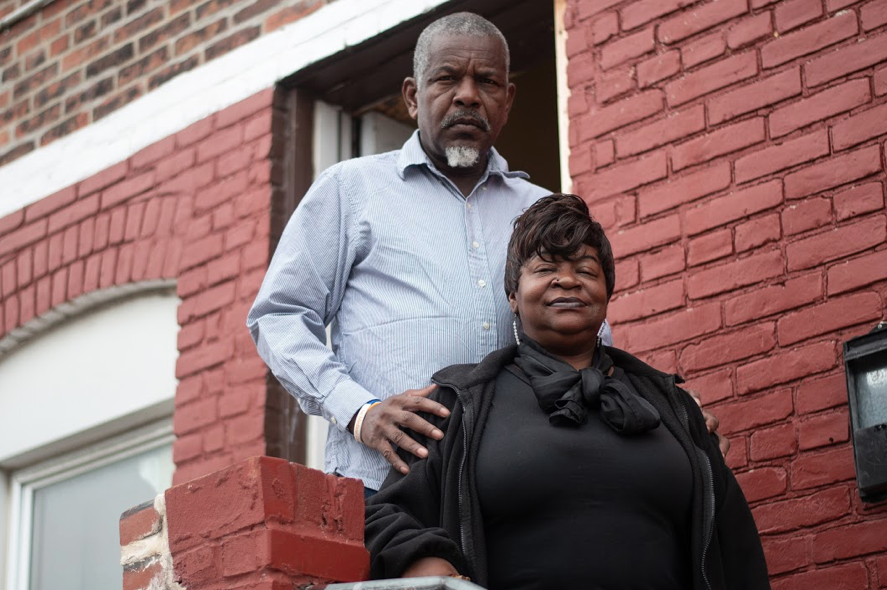
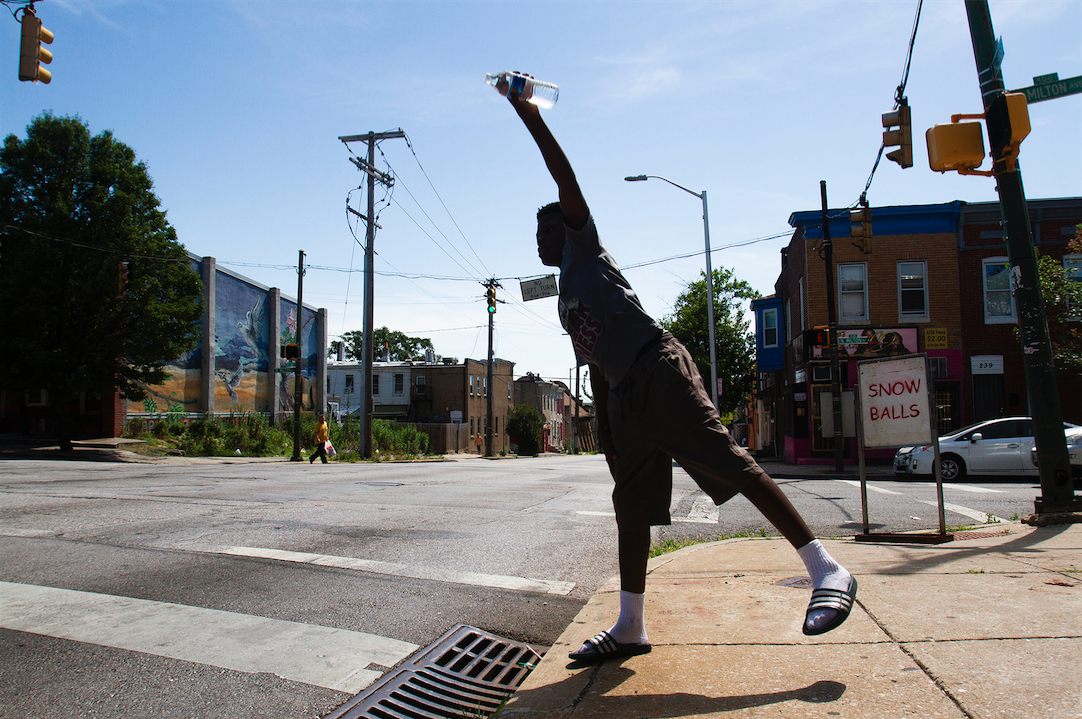
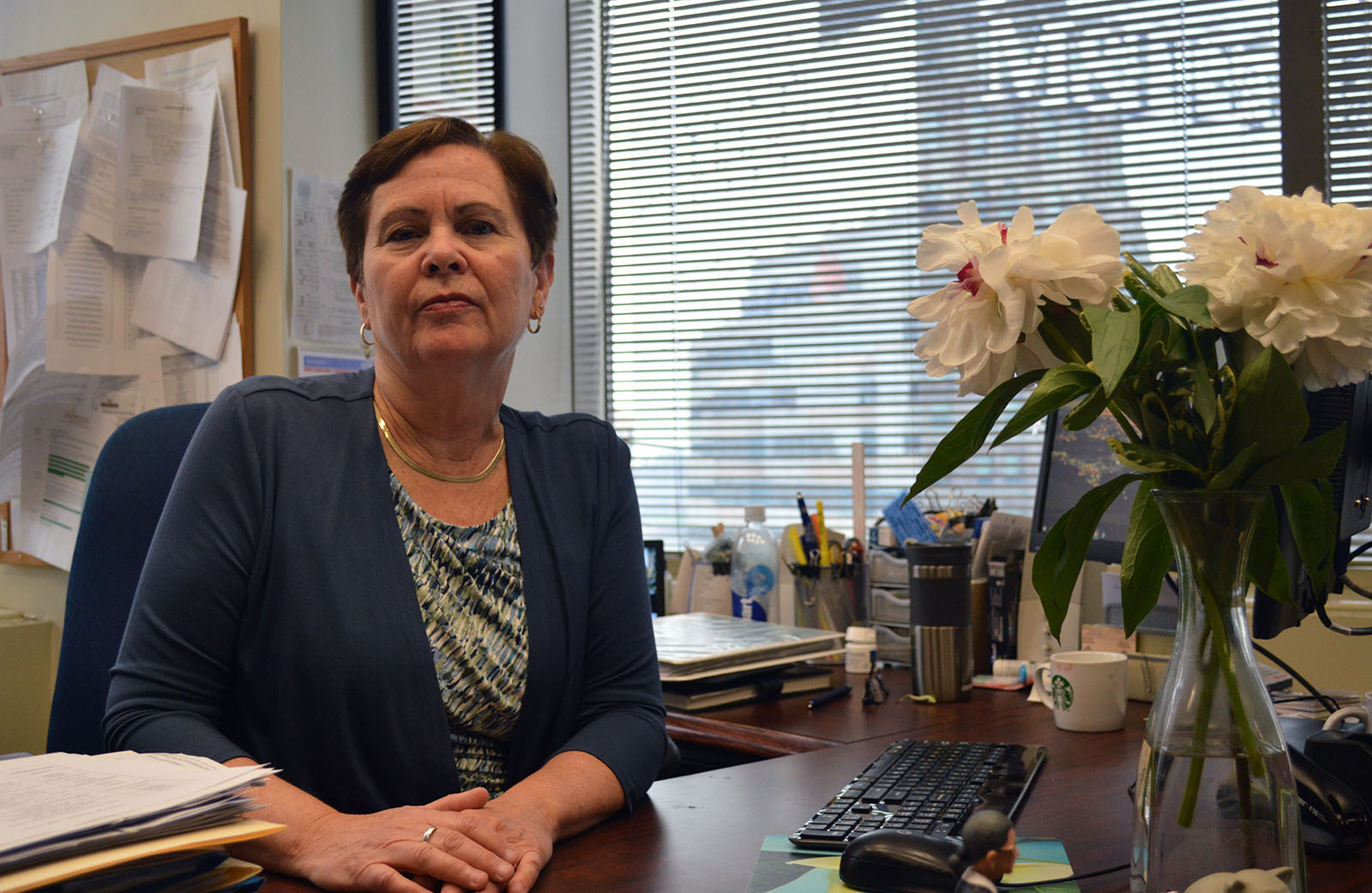
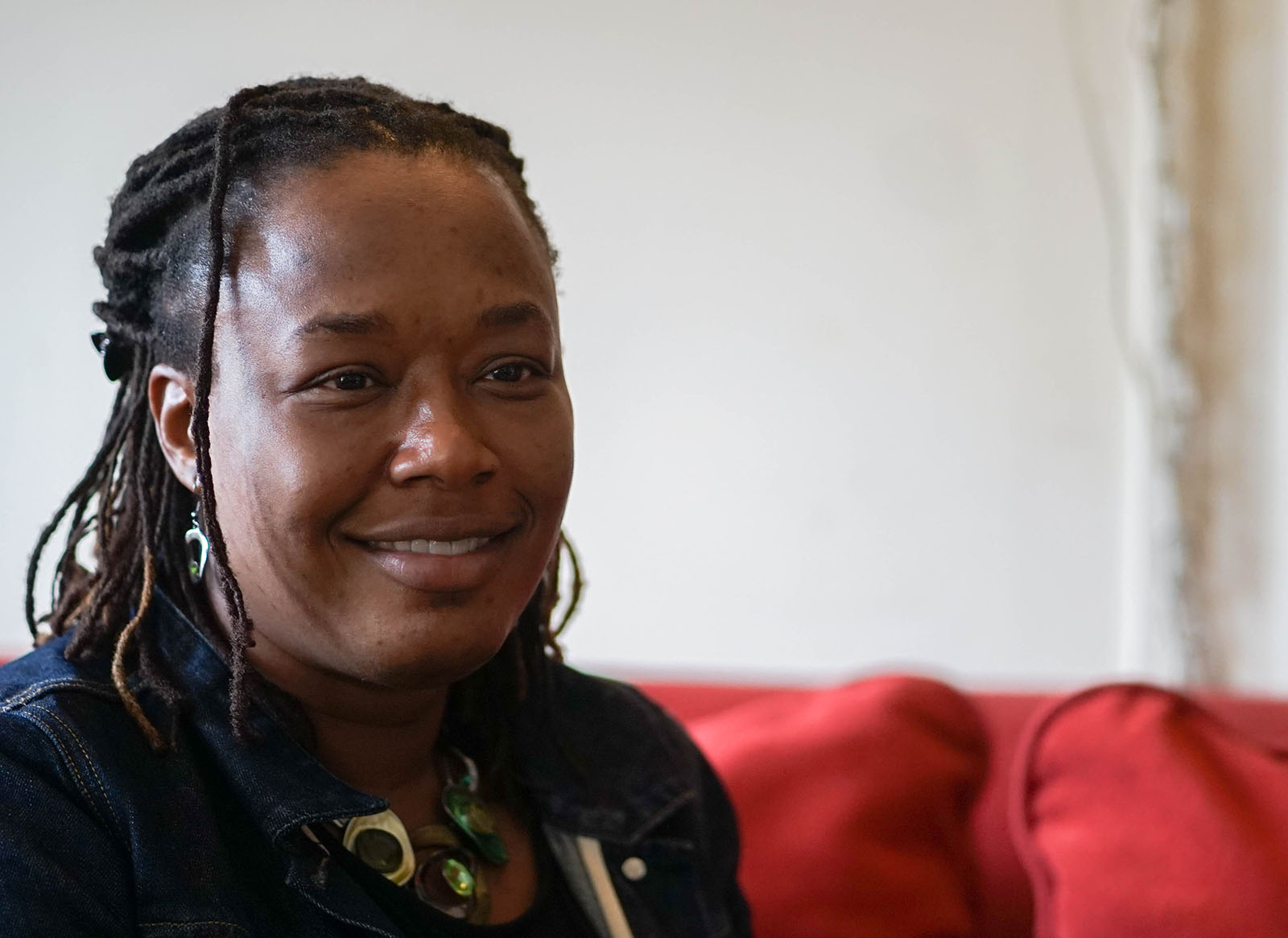
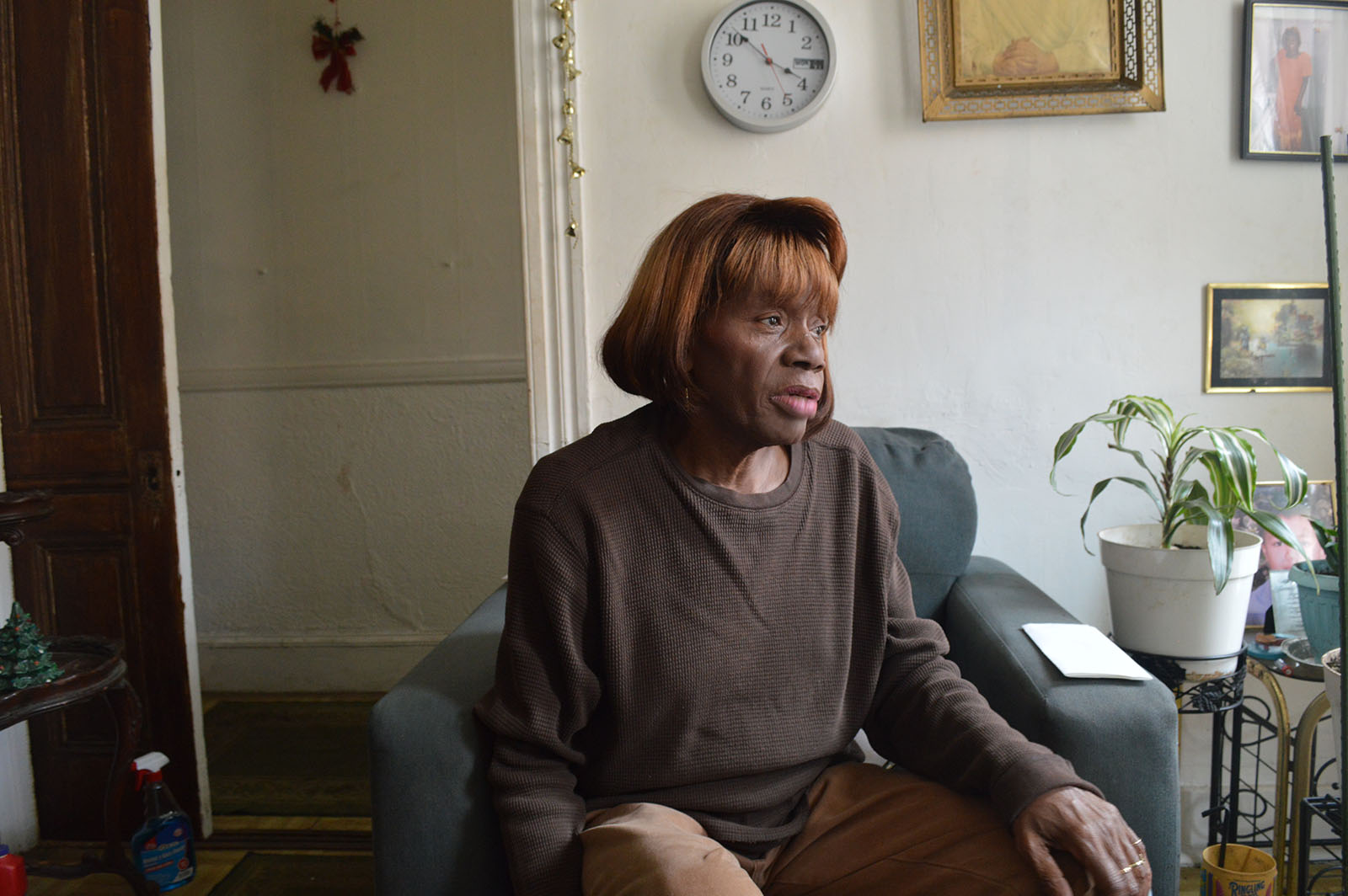
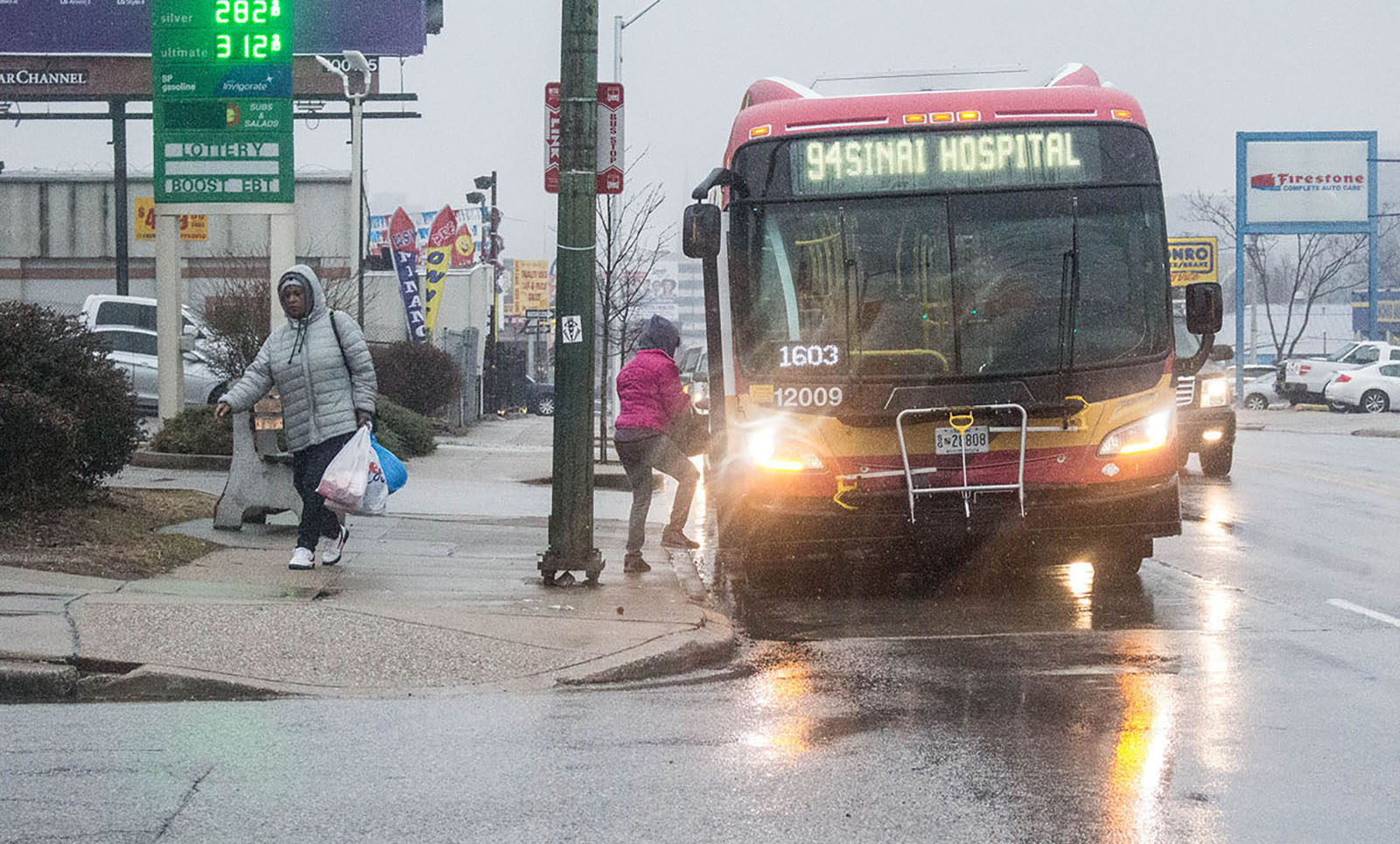
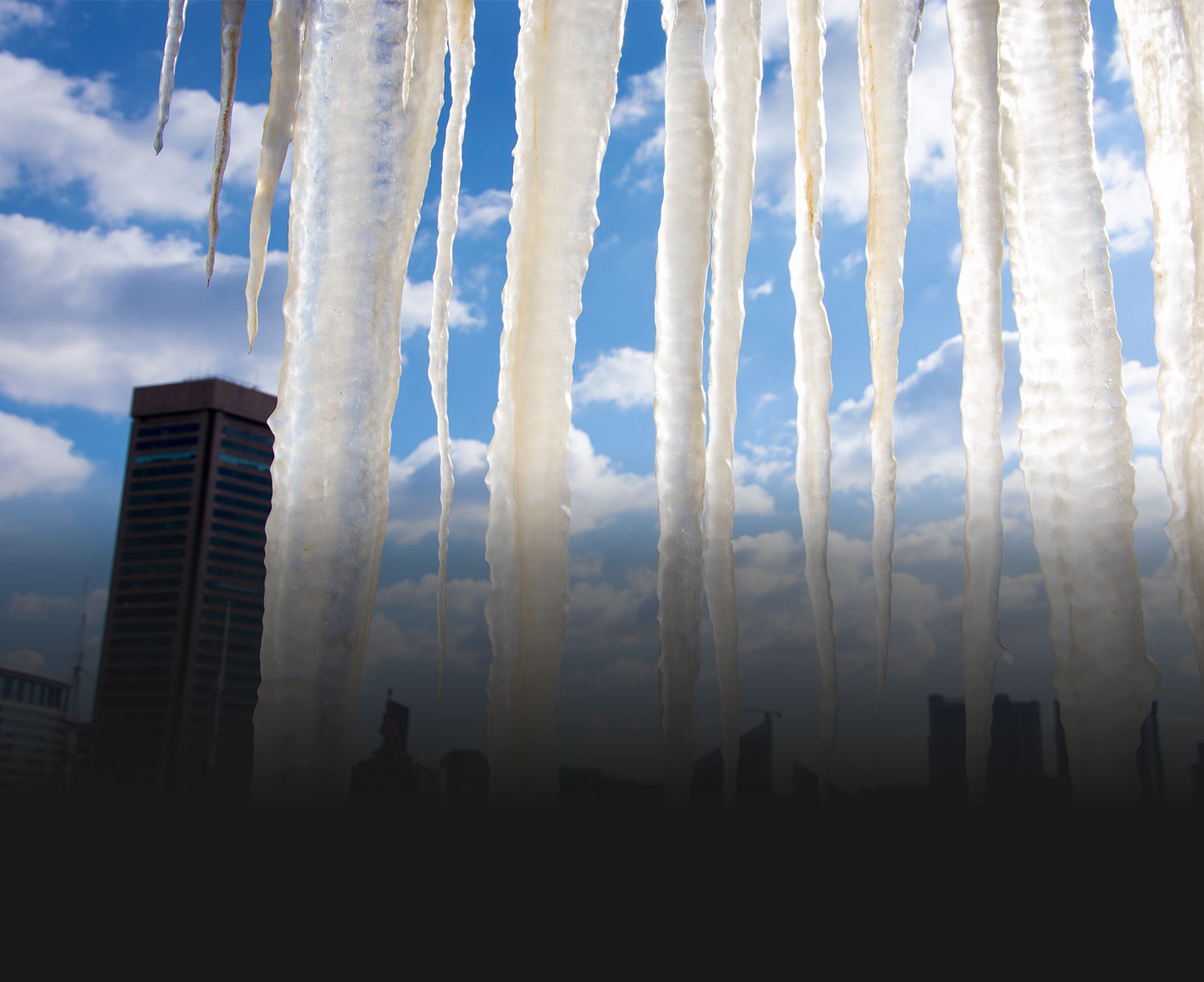
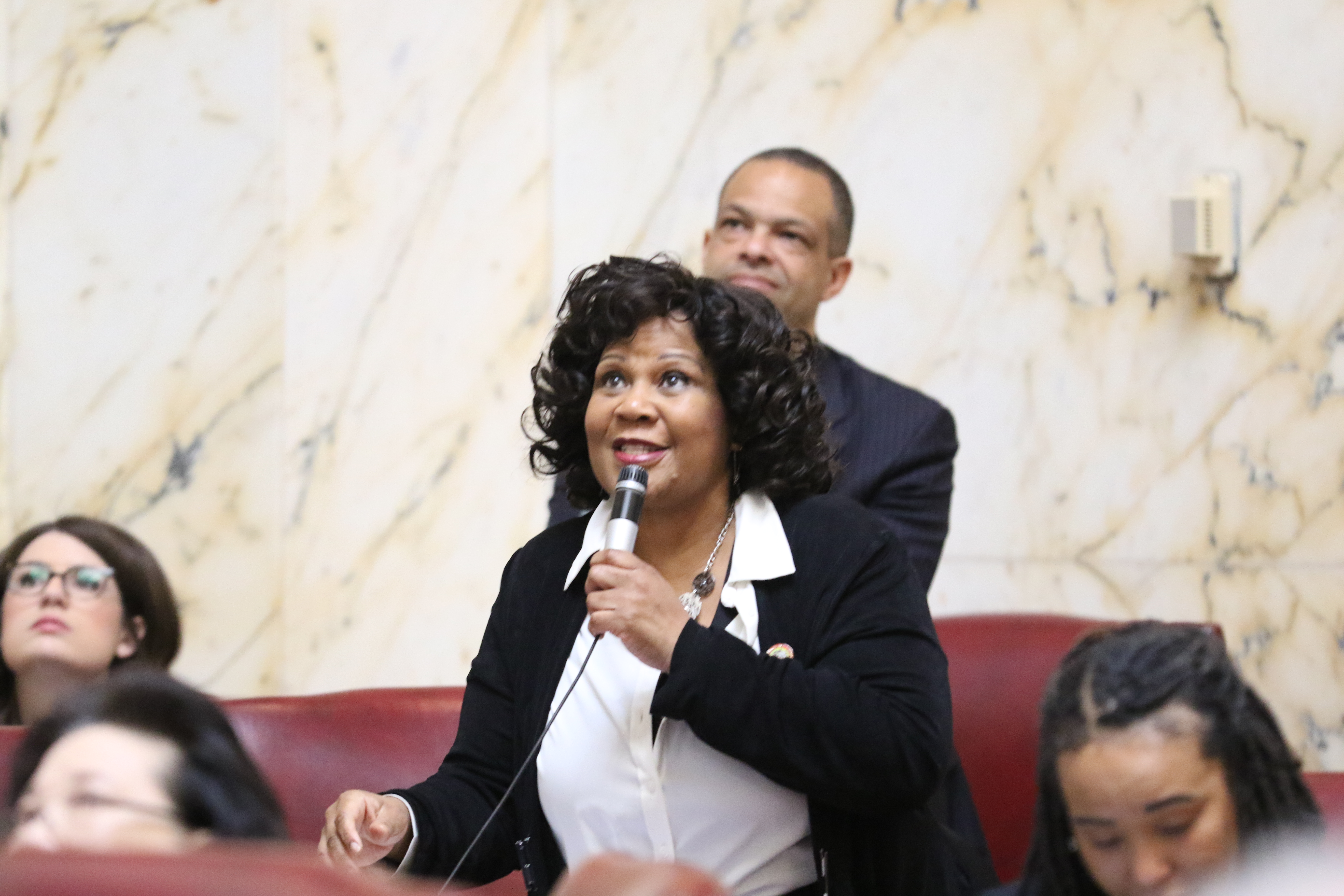
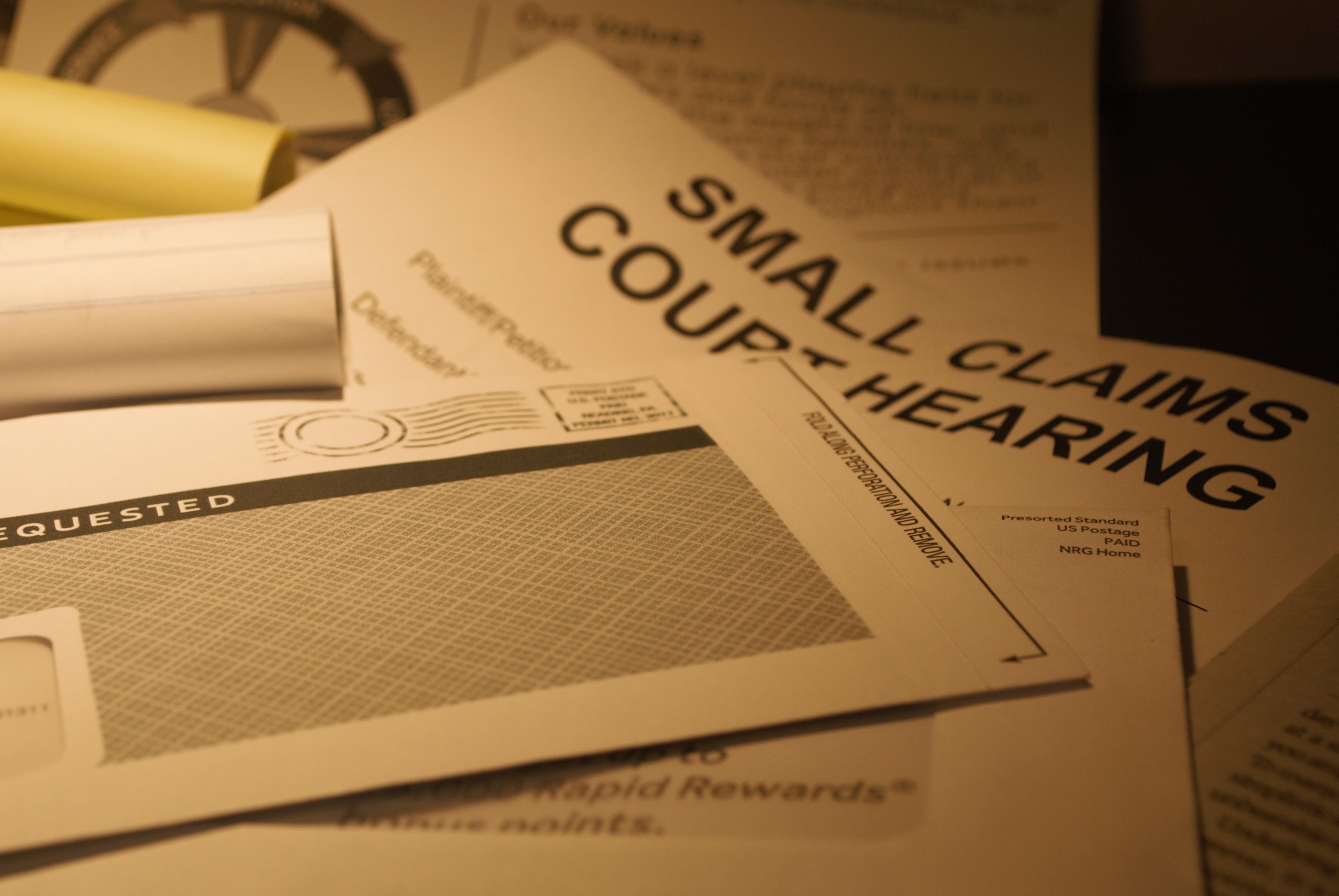
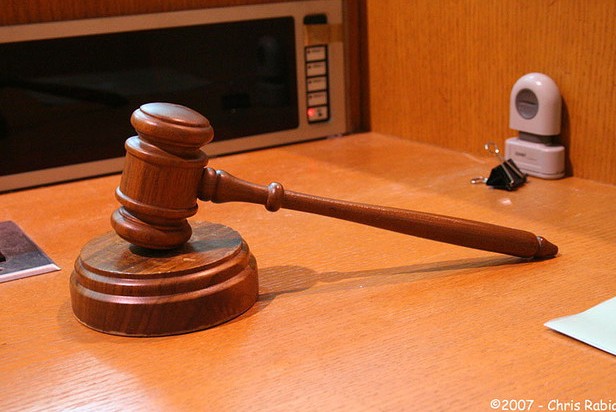

Recent Comments